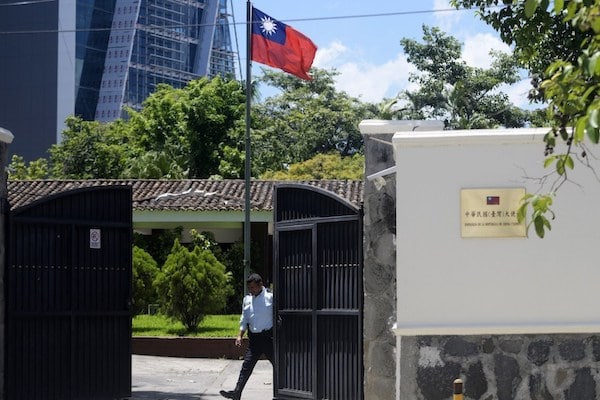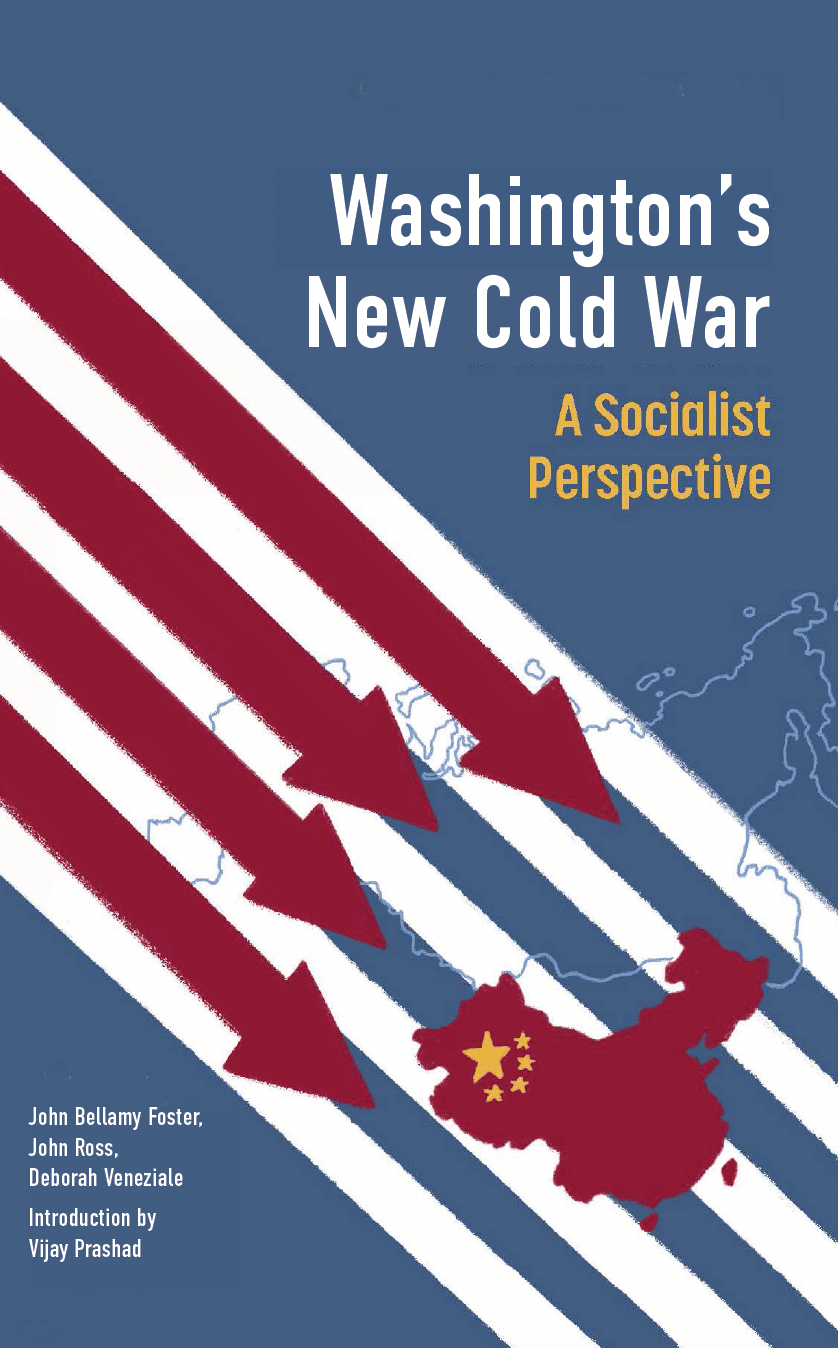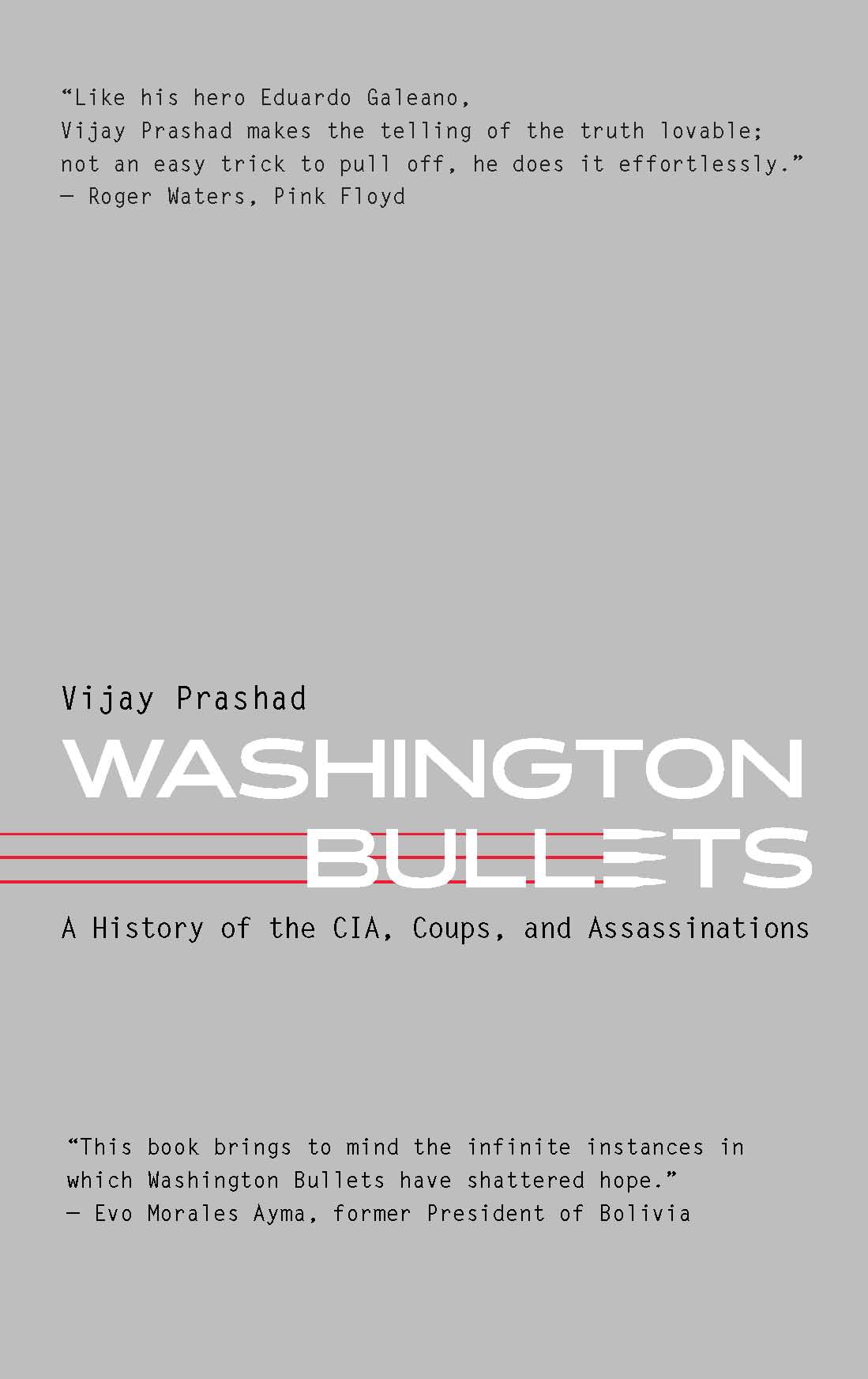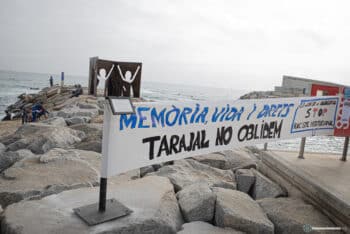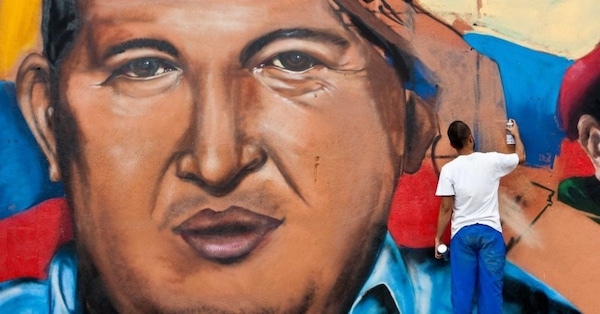This article was produced by Globetrotter, which provided it to Asia Times.
On August 20, 2018, El Salvador’s leftist president Salvador Sánchez Cerén announced on national television that his country would break its ties with Taiwan and recognize the People’s Republic of China. This was in accord with international law, said Sánchez Cerén, and it would bring “great benefits for our country.”
Not long after, U.S. Senator Marco Rubio took to Twitter to announce that this move “will cause real harm to relationship with U.S. including their role in #AllianceforProsperity.”
Earlier, both the Dominican Republic and Panama had made the shift, but Rubio said El Salvador would be specially punished because it was ruled by the left-wing Farabundo Martí National Liberation Front (FMLN). It did not seem to matter to Rubio that his own country, the United States, had shifted its ties to China from Taiwan in 1979.
The “Alliance for Prosperity,” which was Rubio’s hashtag, referred to former U.S. president Barack Obama’s deal with several Central American countries to provide some modest development aid in exchange for a beefed-up police force and the prevention of transit of migrants toward the United States; this was border enforcement dressed up as development.
Rubio’s threats were inconsequential; the money was too little, and the price paid by the populations of Central America was too steep.
In November 2018, Sánchez Cerén went to Beijing, where he met with Chinese President Xi Jinping. Trade relations were front and center of the discussion, including encouragement for El Salvador to participate in China’s growing Belt and Road Initiative.
A year later, in December 2019, Sánchez Cerén’s successor, Nayib Bukele, arrived in Beijing to reaffirm the ties between El Salvador and China, as well as the desire of his center-right government to develop Belt and Road projects.
It did not seem to matter if the president of El Salvador was from the right or the left; both were eager to acknowledge the importance of China’s role in the region, and both were willing to “harm”–as Rubio put it–their relationship with the United States.
As news of the Chinese deals were announced, Bukele was criticized for getting El Salvador into a “debt trap.” He responded firmly on Twitter. “What part of ‘non-refundable’ do you not understand?” he asked, referring to the fact that China was giving El Salvador grants and not loans.
América Crece
But the game was not over. On January 30, 2020, Bukele stood beside Adam Boehler, the head of the U.S. International Development Finance Corporation (DFC), to sign an agreement to implement “América Crece” in his country.
En route back to El Salvador from China in December, Bukele stopped in Tokyo, where then-prime minister Shinzo Abe warned him not to allow Chinese companies to invest in La Unión port. China’s Asia Pacific Xuan Hoa Investment Company had been in talks to invest a considerable amount of money in the port.

